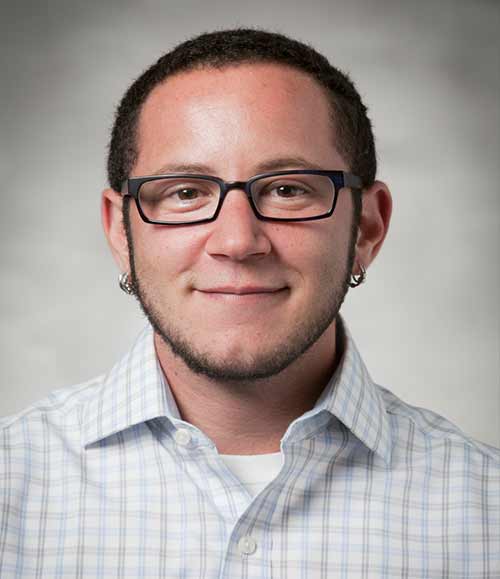Sociology professors are working to overcome barriers to healthcare for LGBTQ people of color
December 16, 2019 - Karessa Weir
Racial minorities as well as sexual minorities both face different but similar barriers to healthcare. But few studies show what happens with both intersect for LGBTQ people of color.

 Sociology professors Drs. Ning Hsieh and stef shuster are hoping their new research project will widen the understanding of the health care experiences of LGBTQ people of color and how they differ both from LGBTQ white counterparts as well as cisgender individuals.
Sociology professors Drs. Ning Hsieh and stef shuster are hoping their new research project will widen the understanding of the health care experiences of LGBTQ people of color and how they differ both from LGBTQ white counterparts as well as cisgender individuals.
“A number of recent studies have also indicated that gender minorities, including transgender and gender nonconforming individuals experience health disadvantages relative to cisgender individuals,” they wrote. “Lower access to utilization of healthcare services, such as delaying medical care and skipping preventative checkups, are some of the major contributors to the health disadvantages faced by LGBTQ populations.”
At the same time, for racial minorities, research has shown that racial prejudice and discrimination biases providers’ diagnostic work and treatment recommendations, leading racial minorities to avoid seeking health care or adhering to medical advice. It also lowers the overall satisfaction with the health care they do receive.
Drs. Hsieh and shuster will be using an intersectional approach to examine how sexual, gender, and racial/ethnic identities interact to shape individuals’ experience with accessing health care.
With the support of a recent Diversity Research Network Launch grant, they propose to work with local Lansing groups as a pilot study for larger scale data collections. By working with local LGBTQ organizations, they also hope to become more attuned to key issues that LGBTQ people of color experience in healthcare.
At the end of the study, titled “Underutilization of Healthcare and Barriers to Care among LGBTQ People of Color,” they plan to organize a community event to share their findings.
“We will give them empirical insight into how to better alleviate healthcare disparities among LGBTQ people of color and white LGBTQ people in the Lansing area,” they wrote.

